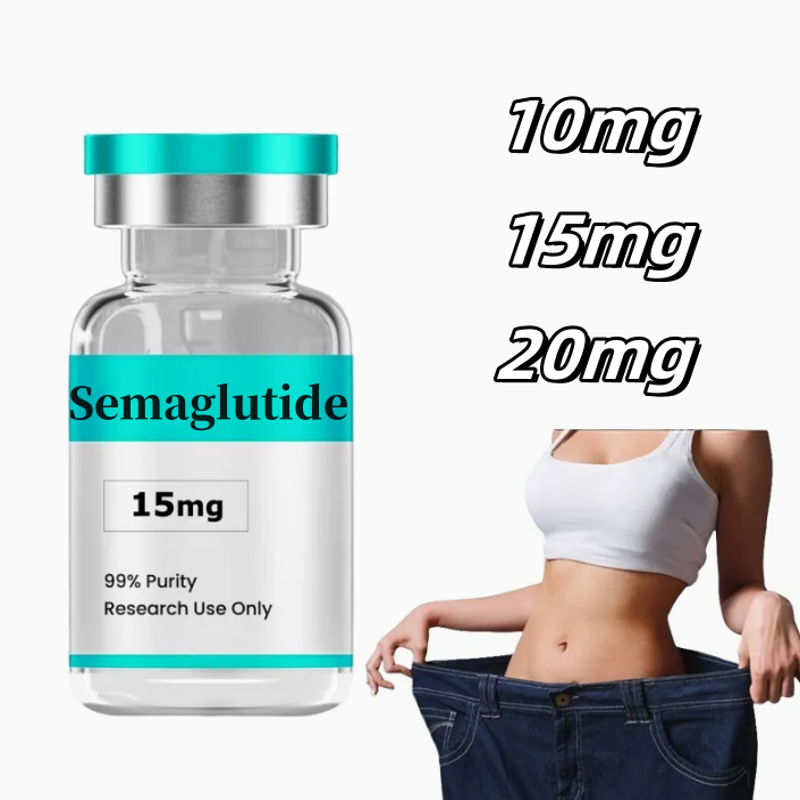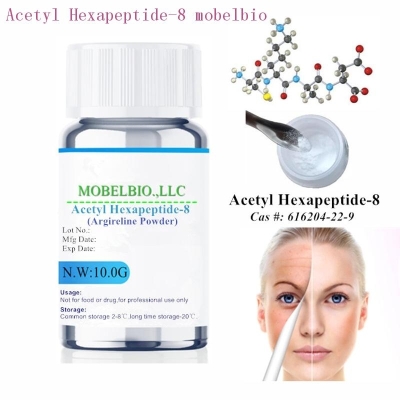Nature: protein homeostasis towards comprehensive
-
Last Update: 2013-10-14
-
Source: Internet
-
Author: User
Search more information of high quality chemicals, good prices and reliable suppliers, visit
www.echemi.com
Morimoto and colleagues sought to determine that disturbances in one of the tissues of C elegans have an effect on the activation of heat shock responses in adjacent tissues In order to achieve this goal, they studied the expression of a temperature sensitive mutant myosin heavy chain B (unc-54, a muscle specific mediator protein of the Hsp90 homologue of Caenorhabditis elegans) Compared with the wild type, Hsp90 mRNA levels have tripled in the mutant Caenorhabditis elegans, and interestingly, Hsp90 mRNA levels have also increased in tissues that do not express unc-54, such as the gut, indicating a systematic response Consistent with this, by promoting unc-54 folding and muscle function, increased Hsp90 expression in the gut or nerve cells inhibited muscle degeneration in the unc-54 mutant, similar to muscle specific Hsp90 expression It is clear that the increased tissue-specific expression of Hsp90 inhibits the activation of heat shock transcription factor-1 (hsf-1) in the system by blocking the transcription of the main HSR In fact, in many tissues, the overexpression of Hsp90 - in C elegans shows a decrease in the expression of another molecular partner, HSP70, which is an indication of the inhibition of HSR In addition, reducing Hsp90 levels in a specific tissue (e.g., body wall muscle) induces an up regulation of HSP70 in similar tissues as well as in other peripheral tissues (e.g., gut and throat) As a result, the imbalance of Hsp90 levels in one tissue activates a system response that regulates HSR throughout the organism Taylor and dillin focused on UPR, which was activated in the presence of Er misfolded proteins and attenuated with age When investigating whether UPR recovery can improve life cycle, they found that the expression of UPR protein XBP-1 in nerve cells led to UPR activation not only in this tissue, but also in the intestine In addition, with the knockout of XBP-1 or the elimination of the mutant of inositol demand protein 1 (ire-1; another UPR component), the activation of UPR accompanied by XBP-1 activation of nerve cells in the gut requires a intact gut cell UPR It is obvious that the non cellular spontaneous activation of UPR promotes stress resistance and prolongs life span in Caenorhabditis elegans So, how does this information spread in cell types? Morimoto and colleagues found that the non cellular spontaneous expression of Hsp90 depends on the protein homeostasis protein PHA-4 (defective throat development 4): the activity of PHA-4 increases when the tissue experiences an unbalanced protein homeostasis network (the increase of Hsp90 level), which affects the activity of PHA-4 in the peripheral tissue (but does not include its expression), leading to a coordination table of HSP90 in multiple tissues And then HSR inhibition More studies are now being used to elucidate the molecular details of this intercellular molecular chaperone signaling pathway Taylor and dillin hypothesized that a neuroendocrine system might be related to the transmission of UPR status information from nerve cells to the gut In fact, unc-13 mutations carrying neurotransmitters - leading to defective release of SCV - lead to a reduction in UPR activity in the gut; the identity of neurotransmitters remains to be determined In addition, unc-13 is necessary for the resistance to stress and the prolongation of life due to the activation of non cellular spontaneous UPR In summary, these two studies provide evidence for the systematic regulation of protein homeostasis, the former presumably ensuring that the whole organism is protected from the stress of protein toxicity.
This article is an English version of an article which is originally in the Chinese language on echemi.com and is provided for information purposes only.
This website makes no representation or warranty of any kind, either expressed or implied, as to the accuracy, completeness ownership or reliability of
the article or any translations thereof. If you have any concerns or complaints relating to the article, please send an email, providing a detailed
description of the concern or complaint, to
service@echemi.com. A staff member will contact you within 5 working days. Once verified, infringing content
will be removed immediately.







